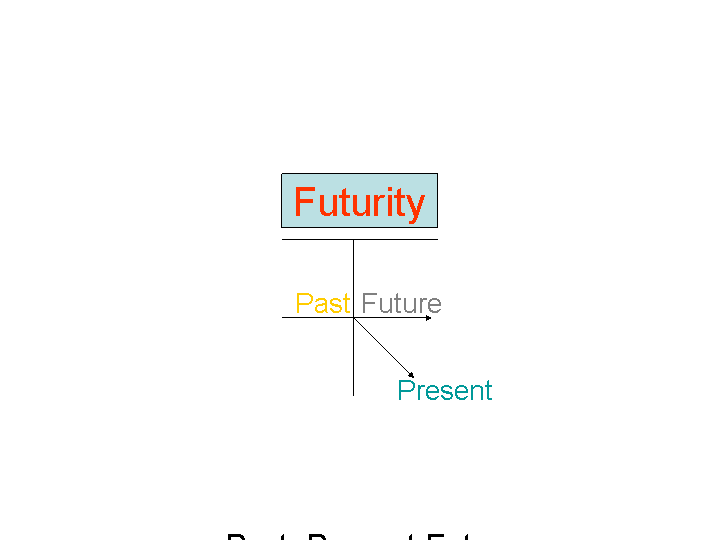Future Tense
Nidhu Bhusan Das
We have the first form (go, play) to have
present tense, the past form (went, played) to show past tense and third form (gone,
played) to get the perfect tense of the verb, but no such form to show the
future tense directly. We can say “I go to school”, “I went to school” but
don’t have the scope to express future actions and events with such felicity.
So we have to resort to indirect ways of
speaking of futurity thus:
- I go to Kolkata tomorrow.( using the first form of the
verb)
- I am going to Kolkata tomorrow.(using present
continuous)
- I am to go to Kolkata tomorrow.(using ‘be’ verb + infinitive [ to go] in this
case )
- I am going to go to Kolkata tomorrow. ( be going
+infinitive )
- The most common form of future tense is :
a)
I / we shall go the Kolkata tomorrow.(First form of the verb
preceded by ‘shall’ in case the subject is in
the first person)
b)
He/she/they/you will go to Kolkata tomorrow. (First form of
the verb preceded by ‘will’ in case the subject
is in the second or third person.
Maybe, since future is uncertain, the
language users haven’t bothered to think of a direct and definite form of
expression of the future tense of the verb.

No comments:
Post a Comment